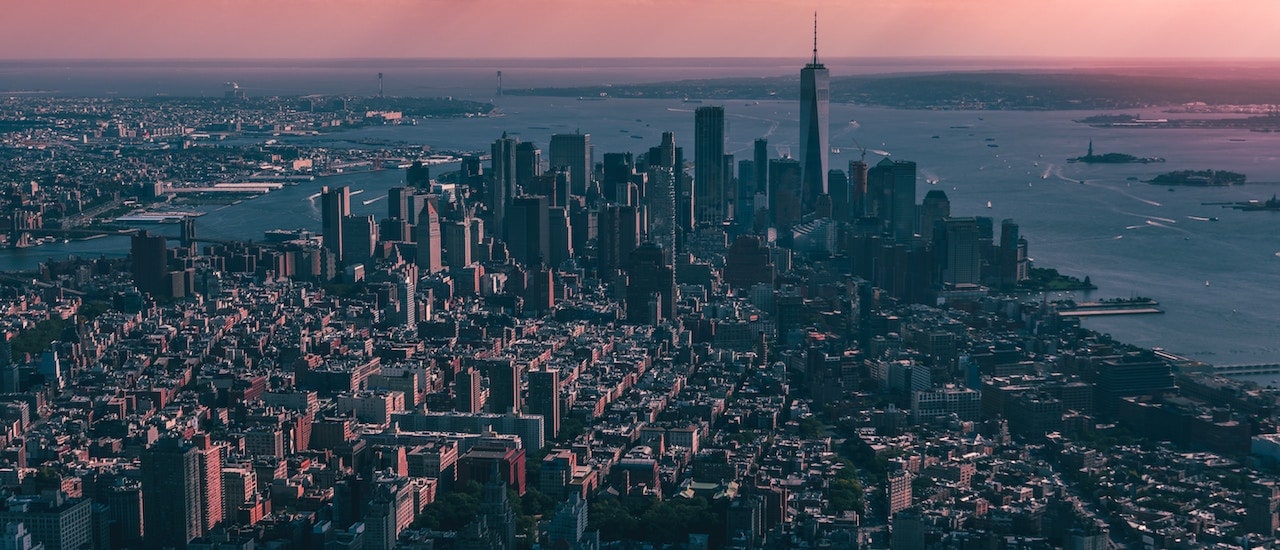Elon Musk's SpaceX has poached 60% of ISRO scientists. When Jeff Bezos did that to SpaceX, Musk cried "Thief!" on Twitter.
There are upwards of 125,000 tech startups across India right now. It is akin to a Cambrian explosion.
I am in the process of launching a tech startup that intends to license Aadhar and UPI from the Indian government and take it across the world, take it to countries across Africa, for example. They don't just need fancy IITians. They need total solutions. End to end total solutions. Governments can be amazing customers. Ask Elon Musk.
Indian talent is great. And cheap. Adjusted for PPP (purchasing power parity), you can beat US salaries in India. And if the equity formula is the same no matter where the team members are on the planet, then the US is no competition. (Reference: 30-30-30-10: A Better Equity Formula For Tech Startups)
I for India, I for innovation.
Musk’s Management
Challenges In AI Safety
Corporate Culture/ Operating System: Greatness
30-30-30-10: A Better Equity Formula For Tech Startups
Top Tech Incubators
Earth To Earth Rocketry + Hyperloop: Earth Before Mars
10 Quantum Jumps In Innovation
A Next-Generation Tech Incubator
A 2T Cut
Are We Frozen in Time?: Tech Progress, Social Stagnation
A Tech Incubator For Today
Digital Marketing Minimum
CEO Functions
Corporate Culture/Operating System
I disagree @elonmusk How Drone Fever Spread Across New Jersey and Beyond https://t.co/eBzuYfYitU https://t.co/GHU6SaxaOm
— Paramendra Kumar Bhagat (@paramendra) January 16, 2025
Wow, a lot has happened in 21 years! https://t.co/QNoOWuIfLP
— Elon Musk (@elonmusk) January 16, 2025
Earth To Earth Rocketry + Hyperloop: Earth Before Mars https://t.co/LgvgFP6sgP https://t.co/5lq4MZdaxU
— Paramendra Kumar Bhagat (@paramendra) January 16, 2025
Churchill did the same in India/Bengal around 1942: deliberate policy. "They are like rabbits. They will breed." https://t.co/4s61pQNdz6
— Paramendra Kumar Bhagat (@paramendra) January 16, 2025
Did you get my email @AravSrinivas ? So we are doing the Wikipedia killer: Vidya. What you get: we use Perplexity for all our AI needs. What we get is in the email. :) https://t.co/bPyxArwxy8
— Paramendra Kumar Bhagat (@paramendra) January 16, 2025
— Paramendra Kumar Bhagat (@paramendra) January 16, 2025
So, did you get my email. We are doing the Wikipedia killer.
— Paramendra Kumar Bhagat (@paramendra) January 16, 2025
This is Jeff Bezos’s favorite book.
— Dickie Bush 🚢 (@dickiebush) January 16, 2025
He’s been rereading it for 25 years straight, and it inspired his most famous decision-making model.
Here are the 7 lessons from "The Remains of the Day" that helped him build his $200B+ Amazon empire: 🧵 pic.twitter.com/n7CwOl3UuL









:max_bytes(150000):strip_icc()/GettyImages-494607942-nyc-58f120903df78cd3fc2759ad.jpg)

















/cdn.vox-cdn.com/uploads/chorus_image/image/62718089/shutterstock_1062434675.0.jpg)
















